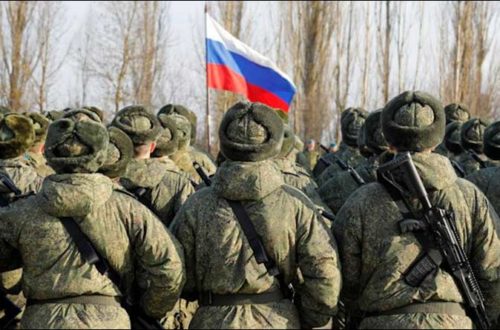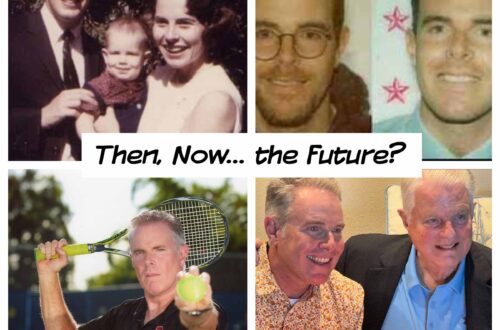VLADIMIR PUTIN
“Russia needs a strong state power and must have it. But I am not calling for totalitarianism.”
What exactly is he calling for then?
“A GOVERNMENT OF LAWS, AND NOT OF MEN”
The past few years have seen the rise of a handful of authoritarian leaders around the world who have taken great strides to eliminate any checks to their power inside their nations. They have outlawed alternative political parties and muffled the press towards portraying almost exclusively government-sponsored messages. These leaders have sought to make themselves almost synonymous with governmental power, and they have largely succeeded. There are no significant opposition political parties in Russia or Venezuela. Newspapers and TV networks critical of the government have been banned or brought to heel – no longer is there any independent media to speak of.
Democracy has much suffered in these countries, and perhaps one could sum it up thusly: we have seen a resurgence of demagogues.
Hugo Chavez, Vladimir Putin — they have this in common: they hate the United States, they whip up their support from the lower ranks and the uneducated, and they speak to the fears and insecurities of their peoples.
They also have this in common: their reigns are almost entirely funded by rising oil prices. They are regimes perilously dependent on oil and unstable oil prices for any prosperity they might experience. And the past few years, which have seen sky-high oil prices, have been very good to them. They have funded their regimes on lavish oil profits, to the tune of billions of dollars.
But nothing lasts forever, and oil prices will come down. What then?
The worst part of corrupting a political culture with the worship of one supreme leader is what to do once he is gone. A temporary illusion of unity brought about by coercive governmental power can weaken institutions and civil society to the point that one suffers the succession crises that plagued the Roman Empire that eventually turned it into a brittle dictatorship – and Rome into a scene of unending civil chaos. When power devolves so heavily onto one person, the institutions that anchor a society in good times and bad diminish. Civil society under authoritarian regimes does not rest on the many pillars of many differing and independent interests – it relies on this one support of the Man in Power and his cohorts, and when this comes to an end – what next? Who says? Is there any way to change the regime of a once powerful strongmen whose star has faded among his people. When the bloom is off the rose — when it is time to go and to go now — what then? As Jan Masaryk claimed, “Dictators are rulers who always look good until the last ten minutes.” Are there mechanisms for the transfer of power? Or does it come down to violence and who has more power? Does an independent judiciary hold any sway? Does the law mean anything anymore? Or is the law what the Maximum Leader says it is? Is there any real government independent of the Man at the Helm at any one time? Or does that Leader become the government? To whom is the army loyal, for example? The secret police?
It is not necessarily that Putin or Chavez themselves are horrible despots who will fill the jails with dissidents or kill off their adversaries. It is that in enlarging themselves so much they will subvert the democratic process in a way that will take decades to rebuild, in my opinion. Their corruption of the democratic process will be profound and long-lasting. Policemen and soldiers and other civil servants will come to serve more the Man in Power than the institutions they serve. Political loyalty to one Supreme Leader will become more important than doing one’s duty according to how it should be done. The law, and the government, will become whatever the Man in Power says it is.
Mark my words: not next year, nor in five years – but in ten years Venezuela and Russia will reap the rewards in sporting political cultures where one man was able to eliminate meaningful political opposition and destroy pluralism — the daily practice of a multilateral political culture where power is shared through many fonts. It is a return to histrionic Peronism and caudillos in Latin America, to tight-lipped Czardom and Red Square authoritarianism in Russia.
Rule by commissar didn’t work out well the first time, and I see no reason why it will be any better now. Think of civil unrest and huge street fights between the government and outlawed opposition groups — ten years from now: mark my words. John Adams hoped to create a stable government under a written constitution in a “government of laws, and not of men.” Putin and Chavez are helping to create nations graven in their image, and the law suffers in their long shadow. Their societies will suffer in the long-term. What about when the first real crisis hits their country? How will disagreements be brokered?
“Big leaders make for a small people.” The Russians and Venezuelans are playing with fire in allowing one person to define their political culture so much.
Ten years: mark my words.





One Comment
Sergio Cazares
Vladimir Putin’s support for Iran makes me wonder on why he’s doing this? I’m not sure he “hates” the United States as much as Hugo Chavez does. I’m sure you hear what Chavez says about the U.S. on a near-daily basis. Vladimir Putin, I’m not so sure.